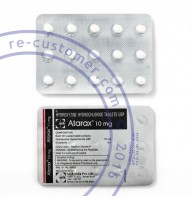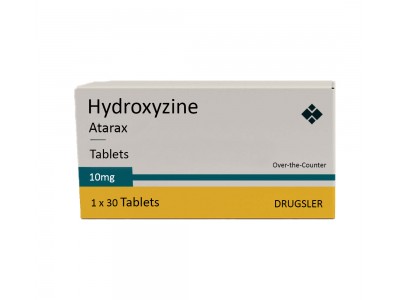Combining diphenhydramine, an antihistamine commonly used for allergies and sleep, with hydroxyzine, another antihistamine often prescribed for anxiety and itching, should be approached with caution. Both medications have sedative effects, and taking them together can amplify these effects, potentially leading to excessive drowsiness, confusion, impaired motor skills, and respiratory depression, especially in sensitive individuals or those with certain medical conditions.
Hydroxyzine is frequently prescribed for anxiety due to its calming properties, but diphenhydramine is generally not recommended for this purpose as it primarily serves as an allergy medication and sleep aid. Both drugs act on histamine receptors in the brain to produce sedation, which is why their combined use can be particularly potent. This combination can also increase the risk of anticholinergic side effects such as dry mouth, constipation, urinary retention, and blurred vision.
Individuals should consult their healthcare provider before taking these medications together. The healthcare provider can assess the specific health context, considering any underlying conditions, other medications being taken, and overall treatment goals. Self-medicating with these drugs without professional guidance can be risky, especially for those with pre-existing health issues or those taking other central nervous system depressants, such as benzodiazepines, opioids, or alcohol, which can further enhance sedative effects and lead to severe consequences.
In summary, while both diphenhydramine and hydroxyzine are effective in their respective uses, combining them can significantly increase sedation and other side effects. Professional medical advice is crucial to ensure safety and effectiveness, and alternative treatments for anxiety should be considered if these risks outweigh the benefits.

